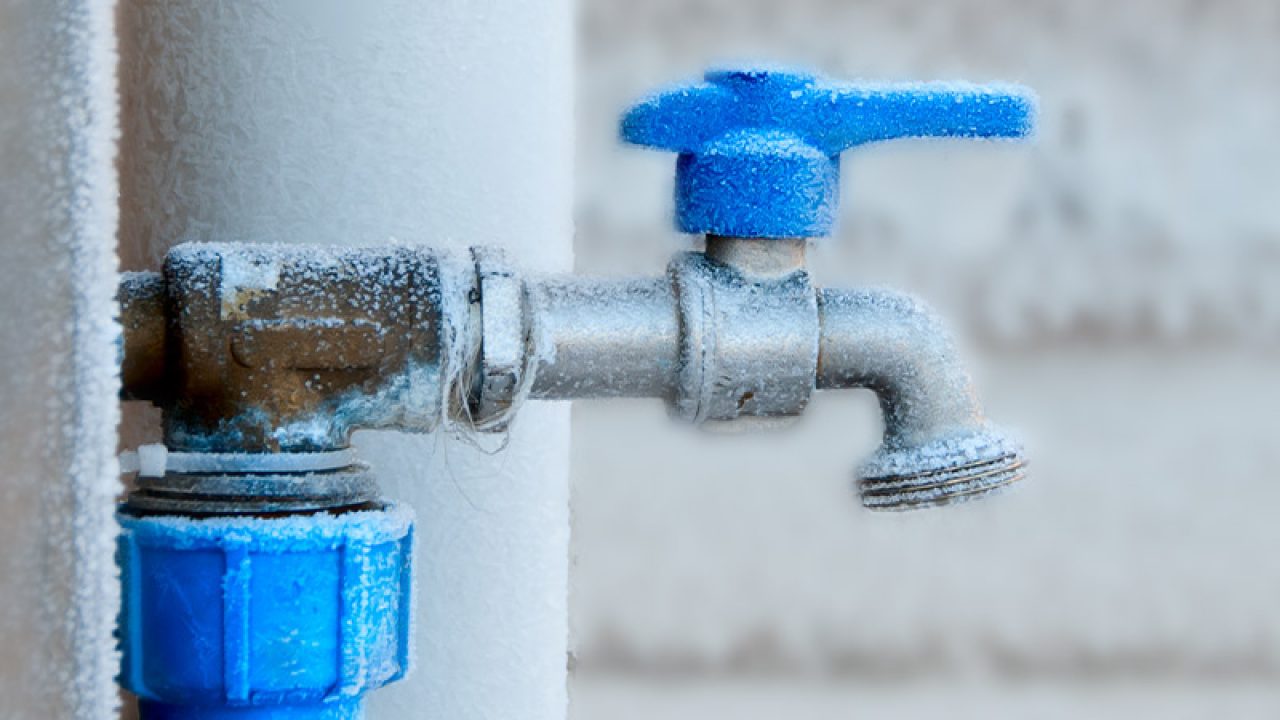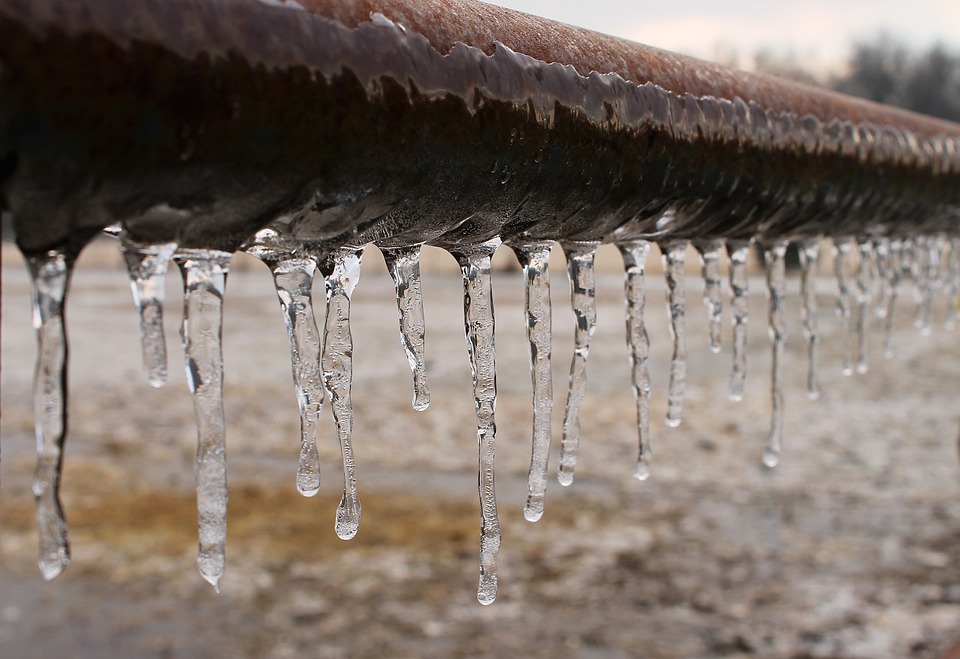Essential Methods for Preventing Frozen Plumbing in Cold Weather
Essential Methods for Preventing Frozen Plumbing in Cold Weather
Blog Article
Just how do you actually feel with regards to How To Avoid Freezing Pipes?

Cold weather can ruin your plumbing, specifically by freezing pipelines. Here's exactly how to stop it from occurring and what to do if it does.
Introduction
As temperature levels drop, the danger of icy pipes boosts, potentially leading to pricey repair services and water damage. Recognizing exactly how to stop icy pipes is important for property owners in cold environments.
Prevention Tips
Insulating prone pipelines
Wrap pipes in insulation sleeves or utilize heat tape to secure them from freezing temperature levels. Concentrate on pipes in unheated or outside locations of the home.
Home heating techniques
Keep indoor rooms adequately heated up, especially locations with plumbing. Open up cabinet doors to enable warm air to flow around pipelines under sinks.
Exactly how to identify frozen pipes
Search for decreased water circulation from taps, uncommon smells or sounds from pipes, and noticeable frost on revealed pipelines.
Long-Term Solutions
Structural modifications
Think about rerouting pipelines far from exterior walls or unheated areas. Add added insulation to attics, basements, and crawl spaces.
Upgrading insulation
Purchase high-quality insulation for pipes, attics, and walls. Appropriate insulation aids keep regular temperatures and lowers the risk of frozen pipes.
Shielding Exterior Pipes
Garden hoses and outdoor taps
Detach and drain garden hose pipes before winter months. Set up frost-proof spigots or cover exterior faucets with protected caps.
Recognizing Frozen Pipelines
What triggers pipelines to freeze?
Pipes ice up when revealed to temperature levels below 32 ° F (0 ° C) for extended periods. As water inside the pipelines freezes, it increases, putting pressure on the pipeline walls and potentially triggering them to burst.
Dangers and problems
Icy pipes can bring about water supply interruptions, building damages, and pricey fixings. Ruptured pipelines can flooding homes and cause considerable architectural damages.
Signs of Frozen Water Lines
Identifying icy pipes early can prevent them from rupturing.
What to Do If Your Pipes Freeze
Immediate activities to take
If you suspect frozen pipelines, maintain faucets available to alleviate stress as the ice thaws. Make use of a hairdryer or towels soaked in warm water to thaw pipelines slowly.
Final thought
Preventing icy pipes needs proactive actions and fast feedbacks. By understanding the causes, signs, and preventive measures, house owners can shield their pipes throughout cold weather.
Helpful Tips to Prevent Frozen Pipes this Winter
UNDERSTANDING THE BASICS: WHY PIPES FREEZE AND WHY IT’S A PROBLEM
Water freezing inside pipes is common during the winter months, but understanding why pipes freeze, and the potential problems it can cause is crucial in preventing such incidents. This section will delve into the basics of why pipes freeze and the associated problems that may arise.
THE SCIENCE BEHIND FROZEN PIPES
When water reaches freezing temperatures, it undergoes a physical transformation and solidifies into ice. This expansion of water as it freezes is the primary reason pipes can burst. As the water inside the pipe freezes, it expands, creating immense pressure on the walls. If the pressure becomes too great, the pipe can crack or rupture, leading to leaks and water damage.
FACTORS THAT CONTRIBUTE TO PIPE FREEZING
Low Temperatures: Extremely cold weather, especially below freezing, increases the risk of pipes freezing. Uninsulated or Poorly Insulated Pipes: Pipes located in unheated areas, such as basements, crawl spaces, or attics, are more prone to freezing. Insufficient insulation or lack of insulation altogether exacerbates the problem. Exterior Wall Exposure: Pipes running along exterior walls are susceptible to freezing as they encounter colder temperatures outside. Lack of Heating or Temperature Regulation: Inadequate heating or inconsistent temperature control in your home can contribute to frozen pipes. PROBLEMS CAUSED BY FROZEN PIPES
- Pipe Bursting: As mentioned earlier, the expansion of water as it freezes can cause pipes to burst, resulting in significant water damage.
- Water Damage: When pipes burst, it can lead to flooding and water damage to your property, including walls, ceilings, flooring, and personal belongings.
- Structural Damage: Prolonged exposure to water from burst pipes can compromise the structural integrity of your home, leading to costly repairs.
- Mold and Mildew Growth: Excess moisture from water damage can create a favorable environment for mold and mildew growth, posing health risks to occupants.
- Disrupted Water Supply: Frozen pipes can also result in a complete or partial loss of water supply until the issue is resolved.
WHY CERTAIN PIPES ARE MORE PRONE TO FREEZING
- Location: Pipes located in unheated or poorly insulated areas, such as basements, crawl spaces, attics, or exterior walls, are at higher risk of freezing.
- Exterior Pipes: Outdoor pipes, such as those used for irrigation or exposed plumbing, are particularly vulnerable to freezing as they are directly exposed to the elements.
- Supply Lines: Pipes that carry water from the main water supply into your home, including the main water line, are critical to protect as freezing in these lines can affect your entire plumbing system.
- Underground Pipes: Pipes buried underground, such as those connected to sprinkler systems or outdoor faucets, can be susceptible to freezing if not properly insulated.
https://busybusy.com/blog/helpful-tips-to-prevent-frozen-pipes-this-winter/

I was guided to that write-up about How to prepare your home plumbing for winter weather through a pal on our other web blog. Do you know somebody else who is occupied with the niche? Why not share it. Many thanks for being here. Kindly visit our site back soon.
View Report this page